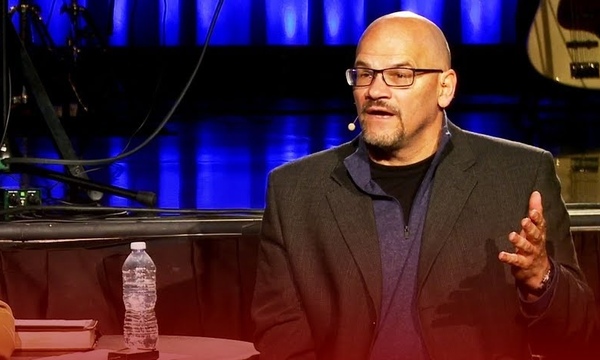Gregg Ten Elshof, Biola University philosophy professor, took to the airwaves to discuss his new book, I Told Me So, with Australian radio talk show host Sheridan Voysey on Nov. 29, 2009. Voysey’s show, Open House, is broadcast throughout Australia on Sunday mornings.
In the book, I Told Me So: Self-Deception and the Christian Life, Ten Elshof explains how people deceive themselves and discusses strategies to overcome self-deception. Attention management, procrastination, perspective switching and rationalizing were highlighted during the show as common habits of self-deception.
During his interview, Ten Elshof said people often deceive themselves to avoid pain.
“Self-deception is when you are endeavoring to believe things but not when you are pursuing the truth,” he said.
Voysey and Ten Elshof discussed how the younger generation has placed a high value on authenticity and how this may internally clash with following Christ. Ten Elshof argued that the heart of Christianity is to emulate Christ, which actually requires a small degree of not being authentic because of a person’s fallen nature.
“You’ll be in some ways acting in ways that are false to yourself but true to the person you are trying to imitate,” said Ten Elshof. “So there is a sense in which Christians are called to a life of not perfectly expressing on the outside what is on the inside.”
Ways to counter self-deception in the book include recognizing the behavior, paying attention to those you spend time with and turning away from sinful habits and destructive behaviors.
Most people are unaware of their own self-deception, Ten Elshof said. With the book, he said he seeks to enlighten people to common practices of self-deception in everyday life and offers Christian wisdom about what to do with and about their own self-deception.
Written by Katherine Smith, Media Relations Intern. Jenna Bartlo, Media Relations Coordinator can be reached at (562) 777-4061 or through email at jenna.l.bartlo@biola.edu.
 Biola University
Biola University


_(1).jpg)